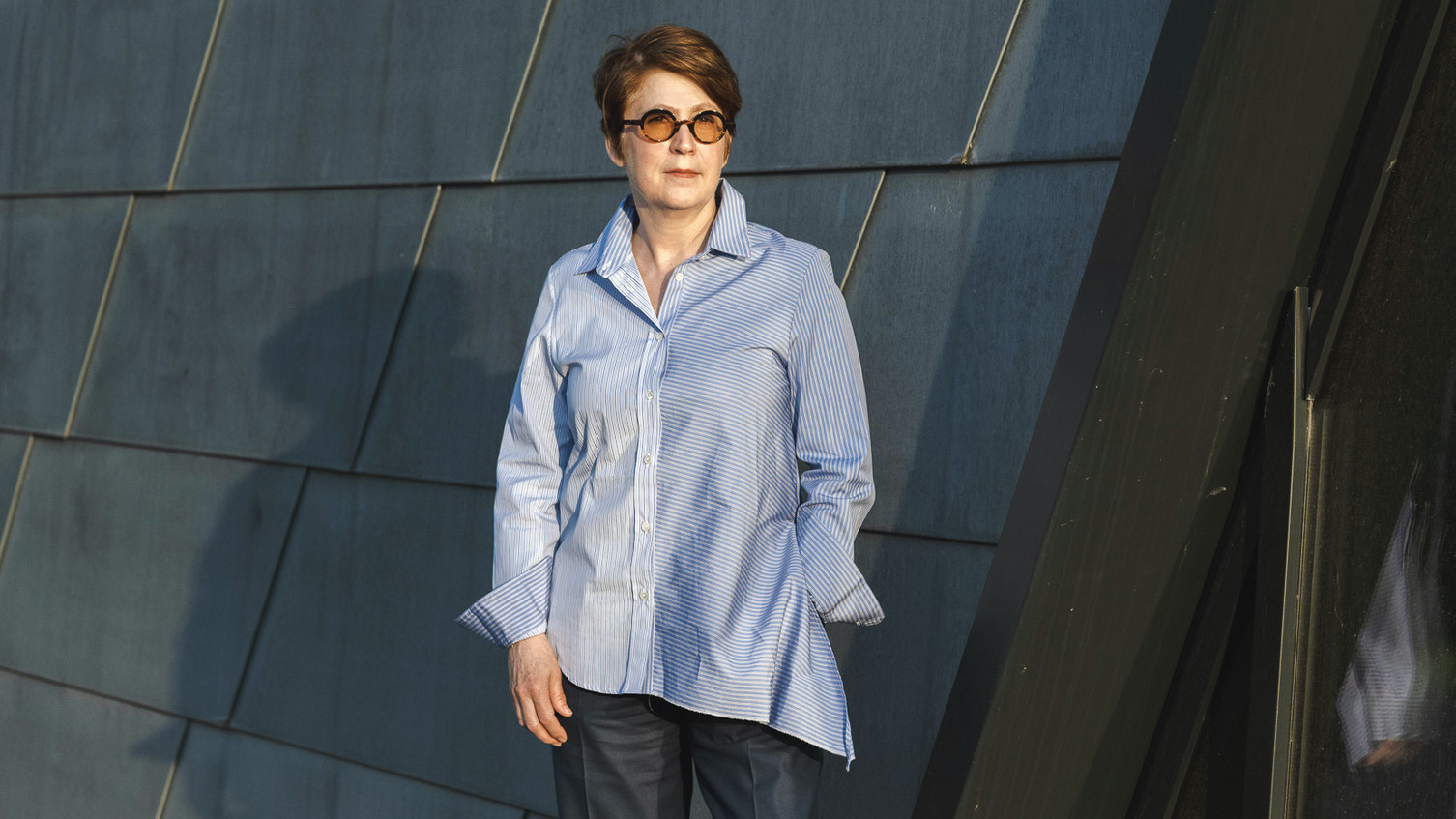Rosalind C. Morris’ work is addressed to the histories and social lives—including the deaths and afterlives—of industrial and resource-based capitalism in the global south. Those interests extend to the technological and media forms that attend or undergird these economies and the forms of subjectivity produced in their midst. They also encompass the racialized and sexualized political logics and structures of desire accompanying these phenomena. Morris’ recent writings on these subjects are grounded in deep ethnographic research in southern Africa. Believing that ethnography is a mode of extended listening and learning from others, and that textual practice is a dimension of analytic practice, Morris's work encompasses a variety of forms and media. It reaches from scholarly articles to essayistic prose and ethnographic monographs, and also includes the documentary film We are Zama Zama (2021), as well as expanded cinematic installations and a narrative film. She co-authored libretti with Yvette Christiansë for the Syrian-born composer Zaid Jabri. At Leuphana Institute for Advanced Studies in Culture and Society Rosalind Morris continues to work on "Anatomy Lessons of a Miner”. This project draws on her work as a filmmaker, media artist and writer. Her interdisciplinary thinking makes "Anatomy Lessons" a device for thinking creatively and ethically about the worlds that have been shaped by extractivism.
Her publications include Accounts and Drawings from Underground: East Rand Proprietary Mines, 1906 (2022) co-edited with William Kentridge; The Return of Fetishism: Charles de Brosses and the Afterlives of an ldea (2017) and That Which is Not Drawn: William Kentridge in Conversation with Rosalind Morris (2013) co-edited with William Kentridge.

